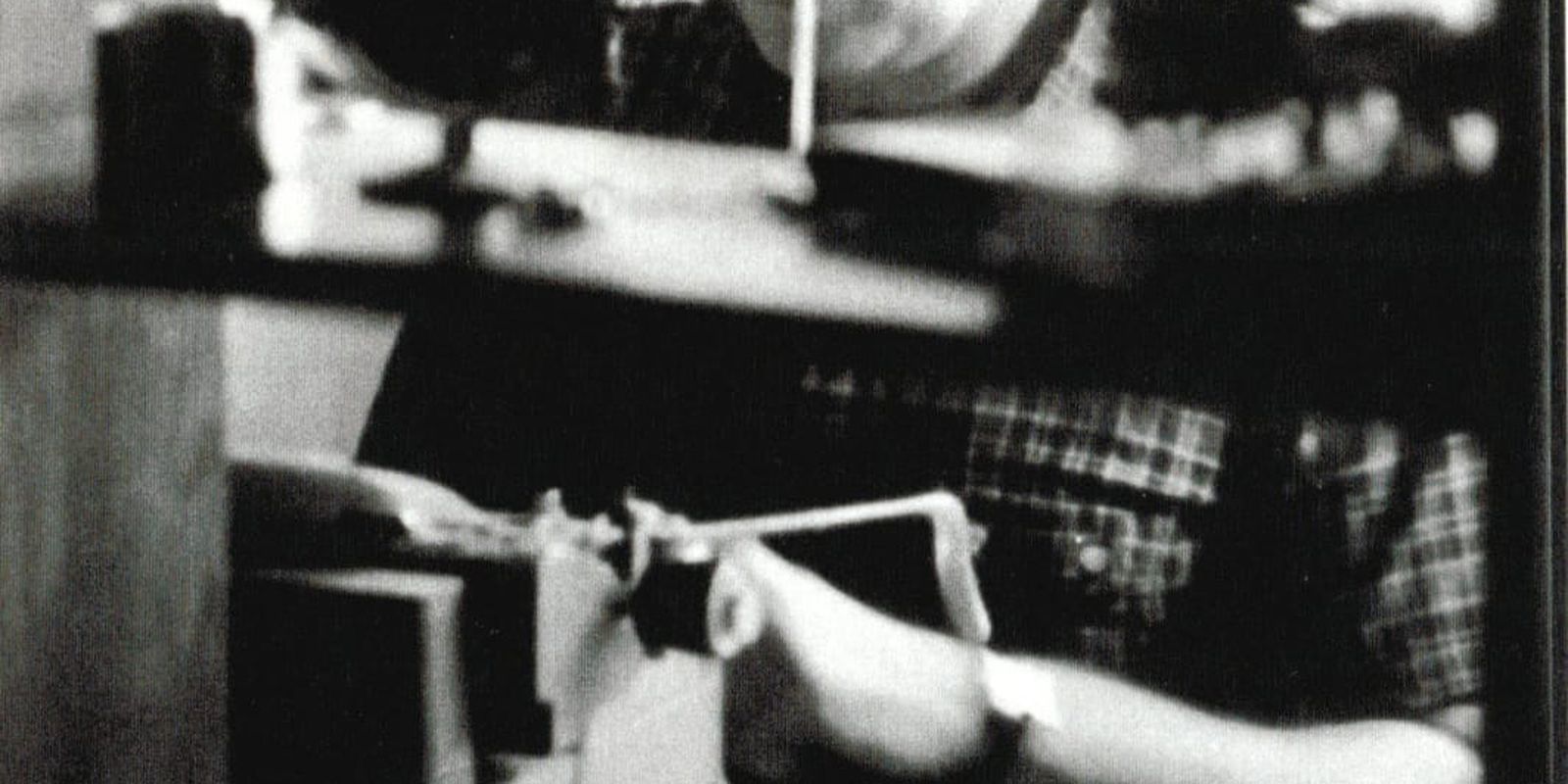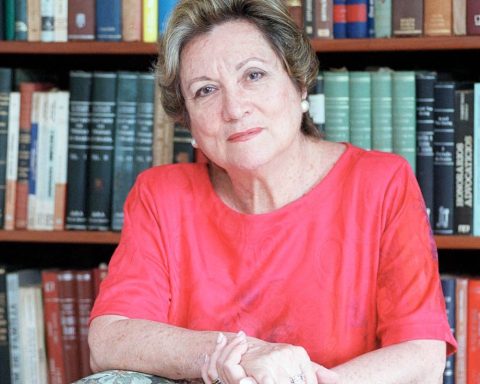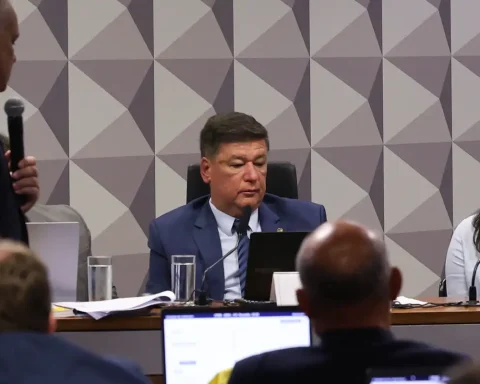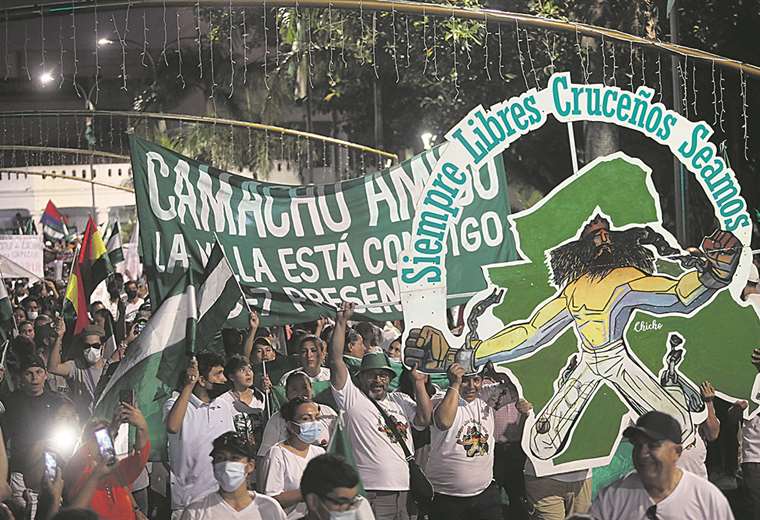The sound of the typewriter filled the house. Then it took over the world. From the office came the intensity of the keys. No wonder. A production worth two. The noise came from the real man, the writer Sérgio Portoand creation, Stanislaw Ponte Preta, the sarcastic heteronym who went beyond his surroundings. 
The journalist, who was also a broadcaster, playwright and composer, was born on January 11, 1923 and lived only 45 years (victim of a heart attack). The diverse production includes 14 books (four signed by Porto and 10 by Ponte Preta).
But his legacy spans the century. Anyone who knew him closely and also studied his work understands that versatility is a fundamental mark of the soul of the writer and artist. Until the 1960s, he dealt with everyday life, particularly with the people of Rio de Janeiro. After 1964, he began to firmly embrace a mission: attacking the military dictatorship and presenting himself as a defender of democracy.
“At the time of the military dictatorship, he was one of the main fighters and critics of oppression. He was a great defender of democracy”, says researcher Claudia Mesquita, author of the book From Copacabana to Boca do Mato: Rio de Janeiro by Sérgio Porto and Stanislaw Ponte Preta. She explains that the traces of this sarcastic writing are in the three volumes of the books Febeapá – The Festival of Nonsense that Raises the Country. Claudia Mesquita is one of the main researchers of Sérgio Porto’s work.
present
The researcher considers his work to be extremely current and that it even helps to read Brazil in the 21st century and the attacks on democracy, such as the one that took place last Sunday (8), from a historical perspective. “He is greatly missed. Porto used humor as a very important tool in the defense of freedoms and the rule of law,” said Claudia Mesquita, in an interview with Brazil Agency.
The researcher understands that Porto thought of Brazil in a generous and progressive way. “Humour helps to undress the king and show the absurdities. Before the 1964 coup, Sérgio Porto was very connected to everyday themes, the city of Rio de Janeiro and popular music. After the coup, he focuses on political issues. The coup was a watershed in the work of Sérgio Porto”. She explains that the writer ironized the anticommunist phobia and started to denounce it through humor.
In family
The eldest daughter, journalist Gisela Porto, now 70 years old, recalls that her father, even determined to denounce crimes committed by government agents, was afraid of being arrested. “He was very afraid (of being arrested) because he had a heart condition”. The family was also worried when he took a long time to arrive. It adds to his pride in his history. “During the dictatorship, he ended up being one of the main cries for freedom”, she evaluates.
It was with time that the daughters understood the size of Porto’s work. “He was always very loving and we had a lot of contact with him. Almost every day, he took us to the beach”, says Gisela. Another daughter, historian Ângela Porto, 69, explains that her father died when she was just 15 years old.
“He always worked hard. But he was very close to us because he worked most of the time from home. For a long time, he was an employee at Banco do Brasil and the rest of the day he stayed at home writing”, says the historian.
They remember that, when he finished writing, he would put the daughters in the car to deliver the texts or act on radio and TV. “I became aware of the size of his work after I was an adult. He was a man who produced a lot”. Ângela was the curator of his work and explains that the work needs to be preserved and disseminated. Original works are in the collection of House of Rui Barbosa, in Rio de Janeiro.
inspirations
Professor Cláudia Mesquita contextualizes that, before the dictatorship, Sérgio Porto’s focus was mainly on cultural diversity and social inequality in Rio de Janeiro. “He was a guy from Copacabana, a friend of (the player) Heleno de Freitas. He lived in the neighborhood a lot. He was a chronicler of the night. With (writer and musician) Antônio Maria (read more here), they created this journalistic genre of ‘chronicler of the night’. He was born and died on the same street.”
Porto drew attention to the invasion of buildings in the neighborhood, changing the characteristics of the place where he lived. By the way, this is a theme of a book that he writes as Sérgio Porto, A Casa Demolida. This is a book from the heart of daughters as well. So much so that they indicate that they can awaken new readers to get to know the genius writer.
the metamorphosis
The creation of the heteronym Stanislaw Ponte Preta happened in the newspaper Diário Carioca, in 1953. The creation became more famous than the creator. “When he went to work at the newspaper, he was invited to be a gossip column. He accepted on condition that he used a heteronym and that he could talk about everything.
“To arrive at the new name, he was inspired by the character Serafim Ponte Grande, created by Oswald de Andrade. It was a huge success.” So much so that he created the characters of the Ponte Preta family, and that will inspire his works. From this trip, he created works such as Aunt Zumira and I, Cousin Altamirando and them and The tough boy.
The teacher believes that his interest in talking about the suburbs of Rio, even though he is from Copacabana, has the objective of dealing with a divided city, denounced by different authors, such as Lima Barreto (read more here).
“What impresses me most about his work is his versatility, his unique ability to produce. In addition to being a chronicler, writer, journalist, he was a broadcaster, music producer, he worked in the early days of Brazilian television. He was a hard worker,” says the teacher. Sweat, sarcasm, good humor and denunciation. Mixture of art and journalism. As the interviewees assess, the noise of the typewriter will continue to echo beyond the centenary of the artist and his two names.
Also watch the program De Lá Pra Cá about Sérgio Porto and Stanislaw Ponte Preta


















